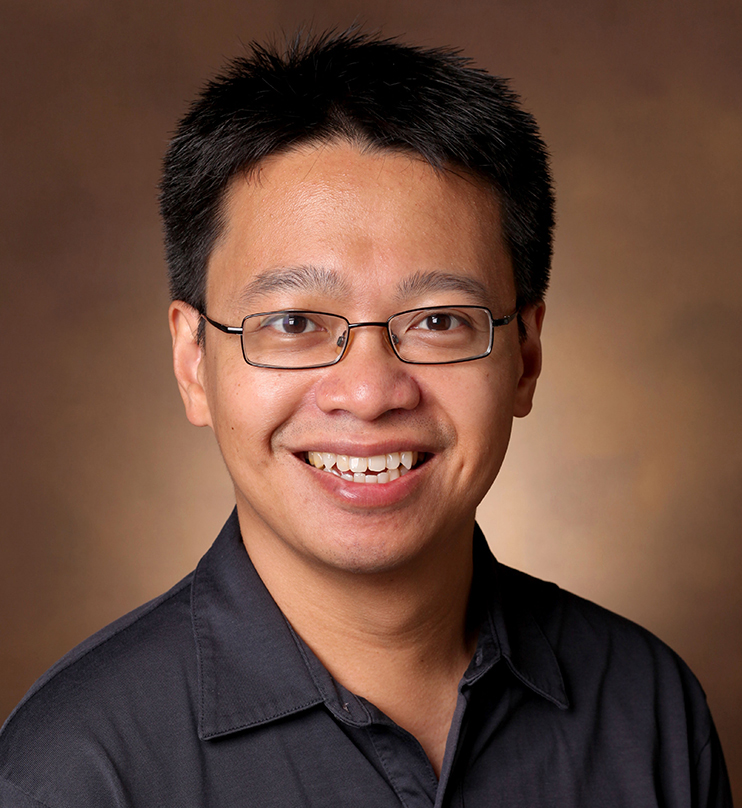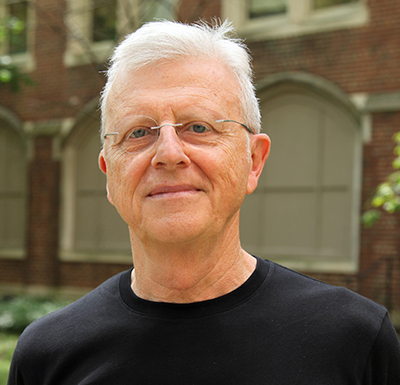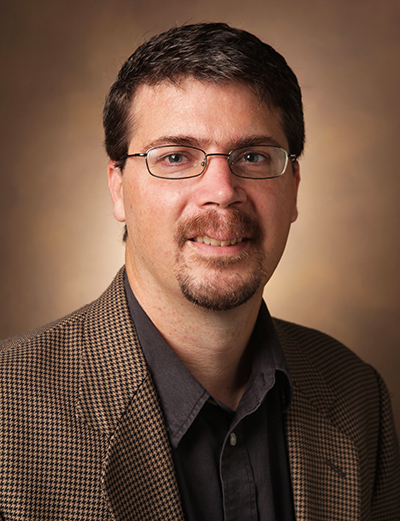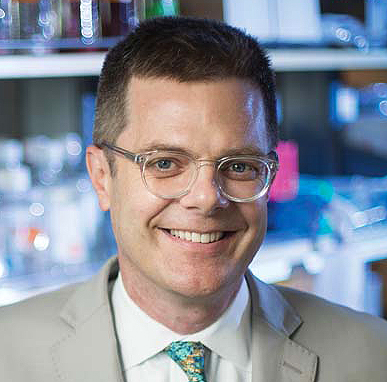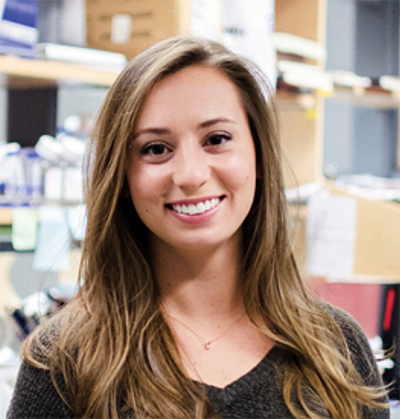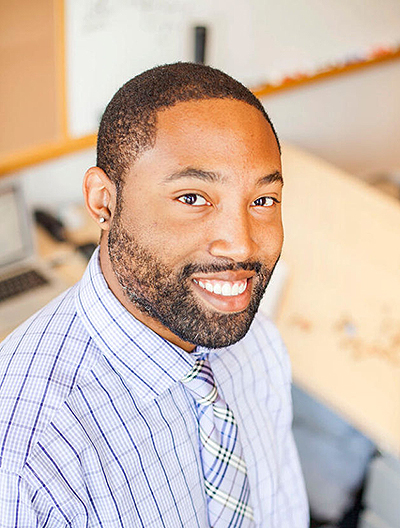Author
Antibodies help neutralize two deadly viruses: study
Sep. 10, 2021—by Bill Snyder Cross-reactive human monoclonal antibodies isolated by researchers at Vanderbilt University Medical Center prevented, in an animal model, severe illness and death caused by two emerging and deadly viruses called Nipah and Hendra. Their results, published this week in the journal Cell Reports, suggest the antibodies potentially could be given as a therapeutic...
Caught in a web: study reveals that immune cells cooperate to trap and kill bacteria
Sep. 10, 2021—by Leigh MacMillan Like a spider trapping its prey, our immune system cells cooperate to capture and “eat” bacteria. The newly identified antibacterial mechanism, reported Sept. 10 in Science Advances, could inspire novel strategies for combating Staphylococcus aureus (staph) and other extracellular bacterial pathogens. It was known that neutrophils — first responder immune cells that...
Ascano Receives Chancellor’s Award for Research
Aug. 31, 2021—Manny Ascano is the 2021 Channcellor’s Award recipient for ground-breaking cancer research. Chancellor Daniel Diermeier, Provost and Vice Chancellor for Academic Affairs Cybele Raver and Faculty Senate Chair Mark Magnuson, Louise B. McGavock Professor of Molecular Physiology and Biophysics, presented awards to 13 faculty members during the Fall Faculty Assembly on Aug. 26. The awards recognize...
COVID-19 antibody ‘cocktail’ discovered at VUMC protects chronically ill: study
Aug. 26, 2021—by Bill Snyder A monoclonal antibody cocktail against the COVID-19 virus discovered at Vanderbilt University Medical Center and developed by AstraZeneca reduced the risk of symptoms in a study of immunocompromised and chronically ill adults later exposed to the virus by 77%, the company announced today. Based on the positive results from the PROVENT Phase...
Development of a new framework and tool for multi-drug synergy and combination
Aug. 24, 2021—The Idea Carlos Lopez (Vanderbilt University) Vito Quaranta (Vanderbilt University) Pioneering research from Vanderbilt scientists identifies a measurement system for how well medications work together to help researchers devise new combinations of drugs. It also develops an open-source analysis tool to help speed such discoveries around the world. This research led by Vito Quaranta, professor...
Potential protection from atherosclerosis
Aug. 20, 2021—Aug. 19, 2021, 11:00 AM by Bill Snyder PON1 (paraoxonase 1), an enzyme associated with high-density lipoprotein (HDL), breaks down lipid peroxides, highly reactive fatty molecules that can damage blood vessels. In this way, PON1 can protect against the development of cardiovascular disease. Numerous studies have observed reduced PON1 enzymatic activity in patients with cardiovascular disease. Reporting...
Team isolates antibodies that target alphaviruses
Aug. 19, 2021—Aug. 19, 2021, 10:12 AM by Bill Snyder A multi-institutional team led by researchers at Vanderbilt University Medical Center has isolated monoclonal antibodies that in laboratory and animal studies prevented infection by alphaviruses, including the often-lethal Eastern equine encephalitis virus (EEEV). EEEV, which infects the central nervous system of humans, horses and other animals,...
Vega selected as 2021 Vanderbilt Prize Student Scholar
Aug. 12, 2021—Aug. 11, 2021, 4:10 PM by Bill Snyder Paige Vega, a PhD student in the Department of Cell and Developmental Biology at Vanderbilt University, has been selected as the 2021 Vanderbilt Prize Student Scholar. Paige Vega has been selected as the 2021 Vanderbilt Prize Student Scholar. (photo by Elaine Chen) She will receive a...
Shared antibodies may push COVID-19 variants: VUMC study
Aug. 12, 2021—Aug. 10, 2021, 9:01 AM by Bill Snyder Researchers at Vanderbilt University Medical Center have found that people recovering from COVID-19 and those vaccinated against the causative virus, SARS-CoV-2, produce identical clones, or groups, of antibody-producing white blood cells. Their discovery, reported this week in the journal Cell Reports, sheds light on the selection pressures...
Researchers derive new cancer therapies to decrease the risk of heart damage
Jul. 29, 2021—by Skylar Cuevas THE IDEA With modern-day cancer therapeutics presenting adverse side effects to heart health, scientists are studying methods to attack cancer cells without the risk of damaging the heart. Researchers Steven Townsend, associate professor of chemistry, and Neil Osheroff, John Coniglio Professor of Biochemistry and professor of medicine, synthesized the biological compound arimetamycin...


